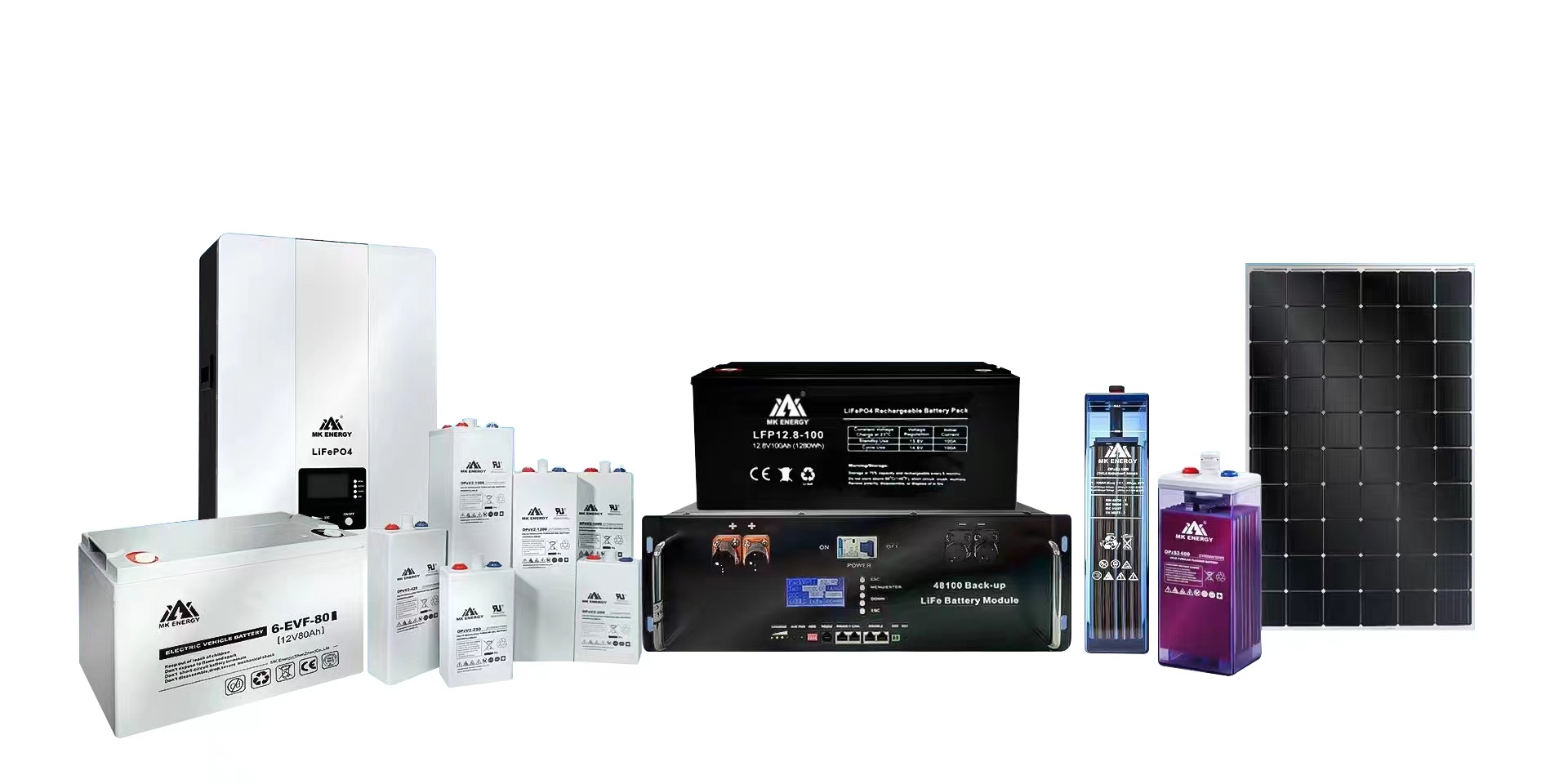In the digital age, data centers are the backbone of any organization’s IT infrastructure. Ensuring uninterrupted power supply is crucial for maintaining data integrity and operational efficiency. This is where an Uninterruptible Power Supply (UPS) system comes into play. However, selecting the right UPS battery for your data center can be a daunting task. Here’s a guide to help you make an informed decision.
Understanding the Basics
Types of UPS Systems:
Offline/Standby UPS: Provides basic power protection and is ideal for smaller setups.
Line-Interactive UPS: Offers better power conditioning and is suitable for small to medium-sized data centers.
Online/Double-Conversion UPS: Delivers the highest level of power protection and is best for large data centers with critical applications.
Types of UPS Batteries:
Valve-Regulated Lead-Acid (VRLA) Batteries: Commonly used, cost-effective, and require minimal maintenance.
Lithium-Ion Batteries: Offer a longer lifespan, higher energy density, and are more compact, though they come at a higher initial cost.
Nickel-Cadmium (NiCd) Batteries: Known for their durability and performance in extreme temperatures but are less commonly used due to environmental concerns and higher costs.
Key Considerations for Choosing a UPS Battery
Power Requirements: Calculate the total load of your data center equipment to determine the UPS capacity required. Consider future expansion plans to ensure the UPS can handle additional load.

Battery Runtime: Assess how long the UPS needs to support the load during a power outage. Longer runtimes require more batteries or higher-capacity batteries.
Reliability and Lifespan: Choose batteries known for reliability and longevity to reduce the frequency of replacements and maintenance. Baterías de iones de litio, for instance, typically have a lifespan of 8-10 years, compared to 3-5 years for VRLA batteries.
Maintenance and Monitoring: Opt for batteries that are easy to maintain and come with monitoring systems to track performance and health. VRLA batteries require periodic checks, while lithium-ion batteries often come with advanced monitoring capabilities.
Environmental Conditions:Consider the temperature and humidity conditions of your data center. Lithium-ion batteries perform well in a wider range of temperatures, whereas VRLA batteries are more sensitive to environmental factors.
Cost Considerations: Factor in the total cost of ownership, including initial investment, maintenance, and replacement costs. While lithium-ion batteries have a higher upfront cost, their longer lifespan and lower maintenance costs can make them more cost-effective in the long run.
Conclusión
Choosing the right UPS battery for your data center is a critical decision that impacts the reliability and efficiency of your IT operations. By understanding your power requirements, considering battery runtime, reliability, maintenance needs, environmental conditions, and overall costs, you can select the best battery solution for your data center. Whether you opt for VRLA, lithium-ion, or NiCd batteries, ensuring uninterrupted power supply will safeguard your data and keep your operations running smoothly.

